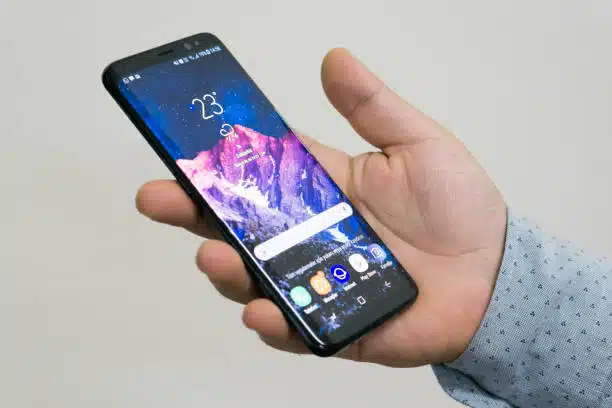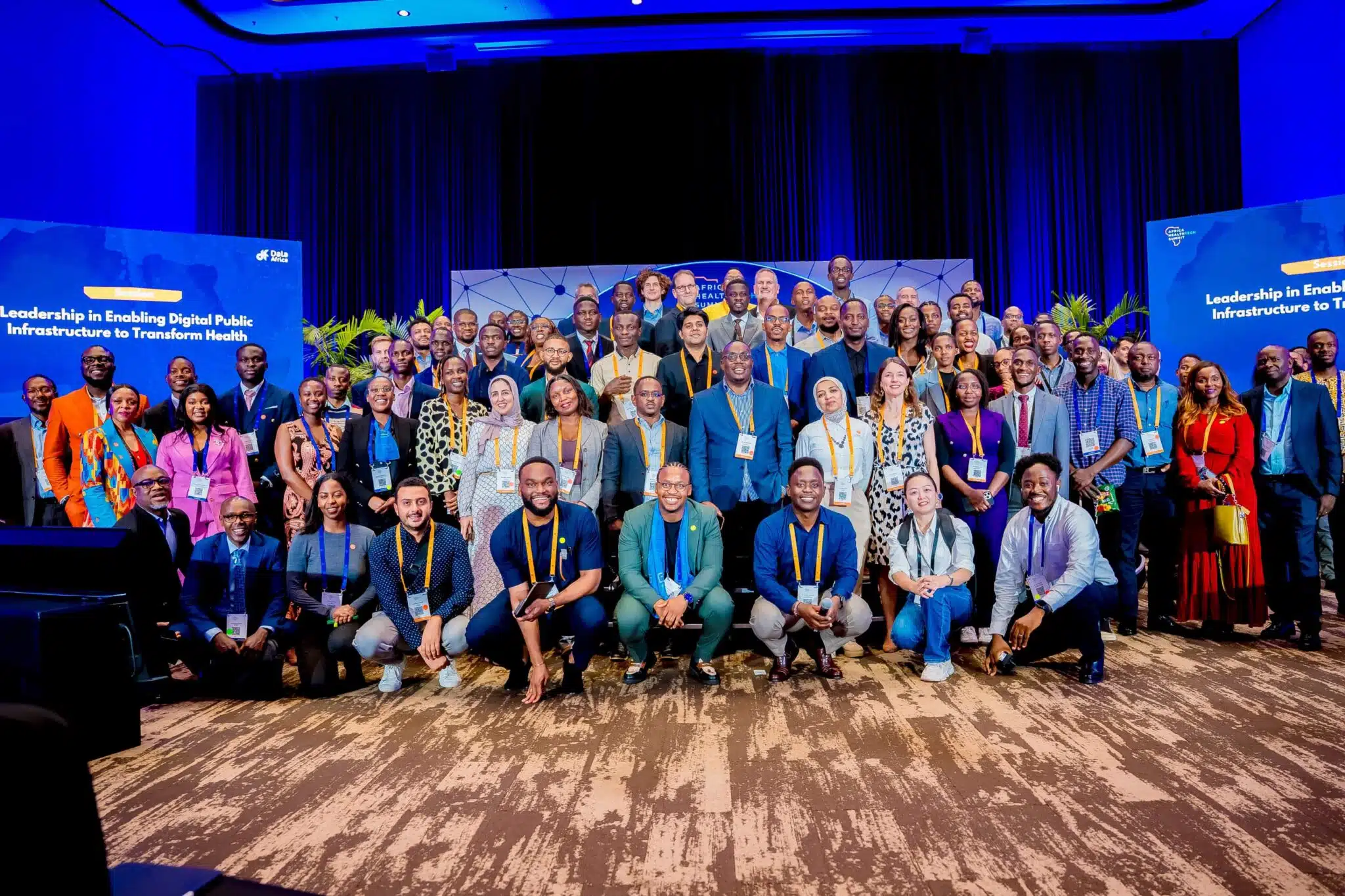The news
- Samsung has added Kiswahili and Amharic language support across its devices to reach more African countries.
- The move benefits over 200 million speakers across the continent.
- Samsung strengthens its commitment to digital inclusivity across Africa.
Samsung has announced the expansion of its language support to include Kiswahili and Amharic, reinforcing its dedication to inclusivity and accessibility for users across Africa.
Kiswahili, widely spoken in East Africa, and Amharic, Ethiopia’s official language, are among the most spoken languages on the continent. By integrating these languages into its devices, Samsung is addressing the linguistic needs of millions of users, ensuring they can interact with their devices in their native tongues.
This move is part of Samsung’s broader strategy to cater to diverse markets by recognising and integrating local languages and cultures into its technology. The company has previously incorporated various languages into its devices, aiming to make technology more accessible and user-friendly for non-English speakers.
The inclusion of Kiswahili and Amharic is expected to enhance the user experience for Samsung customers in Africa significantly. Users can now navigate their devices, access applications, and utilise features in their preferred languages, fostering a more intuitive and personalised interaction with their technology.
Samsung’s commitment to linguistic inclusivity reflects a broader industry trend of tech companies striving to accommodate the diverse linguistic landscape of their global user base. By prioritising language support, companies can bridge communication gaps, promote digital inclusion, and better serve the needs of users in various regions.
As digital literacy and smartphone adoption grow, incorporating local languages into technology devices not only enhances usability but also demonstrates respect for cultural diversity. It acknowledges the importance of language in shaping user experiences and underscores the role of technology in preserving and promoting linguistic heritage.
As Samsung continues to expand its presence in Africa, initiatives like this are crucial in building strong relationships with local communities. By understanding and addressing the unique needs of African users, Samsung is positioning itself as a brand that values and invests in the continent’s diverse cultures and languages.
This development also sets a precedent for other tech companies operating in Africa. It highlights the importance of localising technology to meet the specific needs of different markets, encouraging a more inclusive approach to product development and user engagement.
By championing local language support, Samsung isn’t just adapting to a market — it’s empowering communities with tools that reflect and respect their identity.

Victoria Fakiya – Senior Writer
Techpoint Digest
Stop struggling to find your tech career path
Discover in-demand tech skills and build a standout portfolio in this FREE 5-day email course











